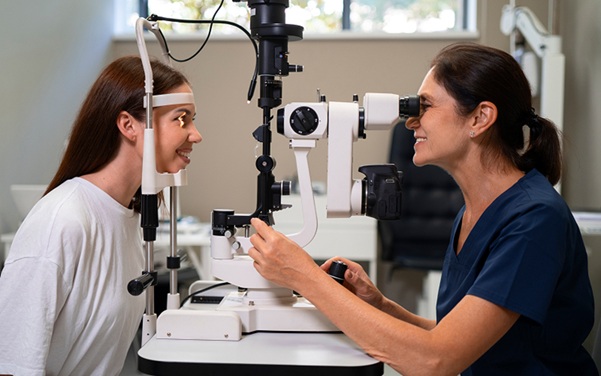Cataract surgery is one of the most commonly performed procedures in Singapore, particularly among the elderly. While patients can choose between public and private providers, many prefer government hospitals due to reduced expenses and MediSave eligibility. However, one significant trade-off is the often high wait times associated with public healthcare facilities.
Wait Times in Government Hospitals
The waiting period for cataract surgery in government hospitals can range from several weeks to months, depending on the severity of the condition, the hospital’s patient load, and whether the patient is subsidised or private. Subsidised patients referred through polyclinics often face longer waits, as they enter a queue-based system prioritised by clinical urgency. Non-subsidised patients who choose private consultation in a public hospital may experience shorter wait times, but at higher costs. This delay in treatment can affect patients with significant visual impairment, particularly those whose daily activities or work are compromised.
Cost vs Convenience Trade-off
One of the primary reasons patients choose public hospitals is cost. Cataract surgery in government hospitals is heavily subsidised for eligible citizens and permanent residents. MediSave can be used to offset a portion of the cost, with the remainder often being manageable. However, the financial savings must be weighed against the time spent waiting. The delay might have real consequences for patients who need timely treatment due to safety risks, such as those at risk of falls or driving-related hazards. In contrast, private facilities offer speedier access but require out-of-pocket payment that may not be fully covered by MediSave or insurance.
Clinical Standards and Surgical Expertise
Government hospitals in Singapore are staffed by ophthalmologists trained to perform cataract surgery under standardised clinical protocols. Most surgeries are carried out using phacoemulsification, a technique with low complication rates. However, patients in the subsidised system are not able to choose their surgeons or request premium intraocular lenses (IOLs) without switching to the private tier. While the surgical outcome in public hospitals generally meets safety benchmarks, the lack of choice and customisation may be limiting for patients who have specific visual needs, such as those requiring multifocal IOLs.
Access to Post-Surgical Follow-Up
Post-operative care is an essential part of the cataract surgery process, ensuring that healing occurs properly and vision is stabilised. Follow-up visits in government hospitals are typically scheduled based on clinical guidelines and patient recovery status. However, appointment availability can be constrained due to high patient volume. This instance may lead to longer intervals between reviews or difficulty rescheduling appointments. Patients with complications may experience delays in receiving urgent follow-up unless they escalate through the emergency system or return via their polyclinic referral.
Suitability for Patients with Co-Morbidities
Patients with underlying conditions such as diabetes, hypertension, or glaucoma may require additional coordinated care before and after cataract surgery. Government hospitals have access to multi-disciplinary teams and can offer integrated care pathways for such patients. However, the scheduling system in public hospitals may limit the speed at which these services are accessed. Coordination between specialties can also introduce delays unless patients are already within the hospital’s chronic disease management system.
Conclusion
Choosing government hospitals for cataract surgery requires a clear trade-off between cost and wait time. While the financial savings and clinical safety are established, the delays may not be suitable for all patients, especially those whose vision issues impact their safety or independence. Individuals should assess their condition, urgency, and financial flexibility when deciding between public and private providers.
Take the first step toward seeing clearly again. Visit the National University Hospital (NUH) today and explore our care path for your vision needs. Remember, your vision shouldn’t be a waiting game.






